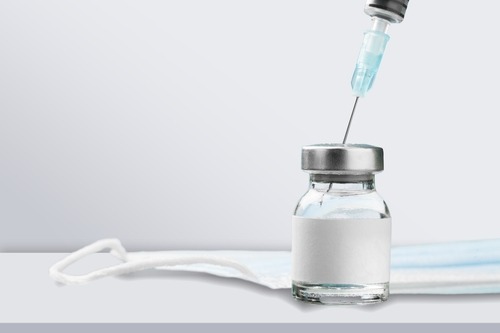
As part of a trial co-funded by the Coalition for Epidemic Preparedness Innovations (CEPI) and Medigen Vaccine Biologics Corp. (MVC), researchers will mix and match COVID-19 boosters focusing on combinations of MVC’s vaccine candidate and others.
“As we strive to stay one step ahead of COVID-19, mix-and-match combinations of vaccines could play an increasingly important role in controlling the virus – particularly in many LMICs where supplies of vaccine are unstable,” Dr. Richard Hatchett, CEO of CEPI, said. “This CEPI-supported trial will generate valuable data on combinations of vaccines which have not been evaluated before, potentially providing additional flexibility to vaccination campaigns and contributing to equitable access to vaccines.”
This trial will test heterologous and fractional booster doses among 960 adult participants in Taiwan. These participants will randomly receive either a homologous vaccine booster regimen or a combination of a full or fractional booster shot of MVC-COV1901 after being given a primary regimen of either AstraZeneca or Moderna vaccines. Researchers will assess those dosed for up to six months after testing to investigate immune responses.
CEPI will provide up to $2.3 million in funding for the trial, and MVC will pick up the remainder as part of the arrangement. MVC has pledged that all data from the trial will be made available open source to allow policymakers and regulatory authorities greater insights for their respective uses of COVID-19 vaccines.
“The data gathered from these trials will allow us to further understand and evaluate the performance of MVC-COV1901 in combination with other vaccines as we work towards keeping people safe and protected against COVID-19,” Charles Chen, CEO of MVC, said “We are committed to providing and supporting the global population to access safe, effective and well-tolerated vaccines. We are honoured to collaborate with CEPI to further develop scientific data for the benefit of the world in our effort to counter waning immunity and to keep pace with an evolving virus.”
Initial interim results from the trial are expected to follow in the first quarter of 2022.




